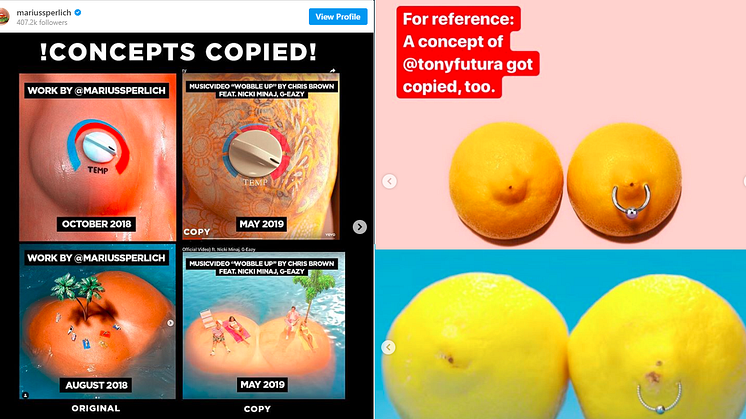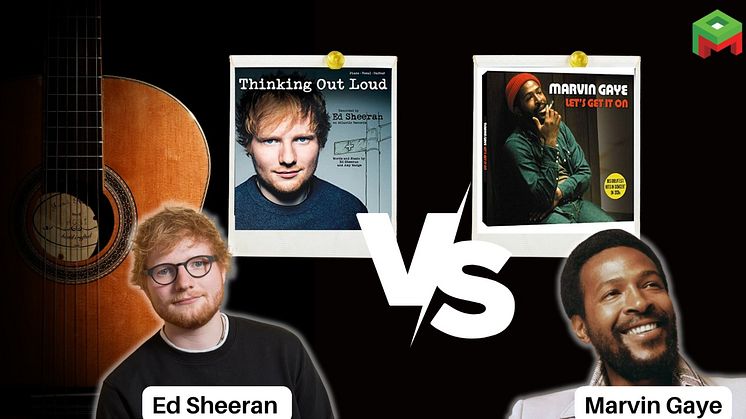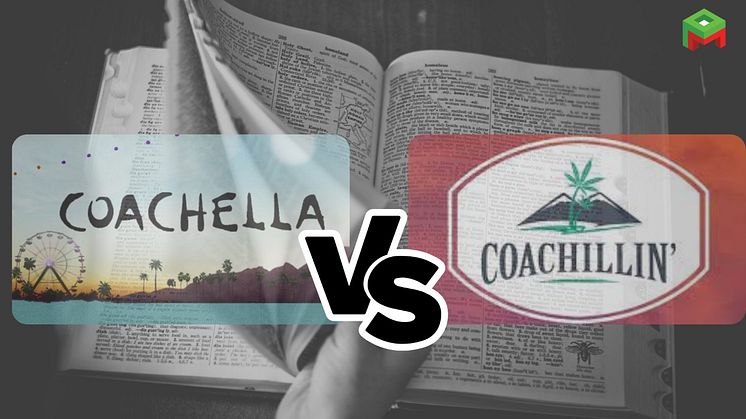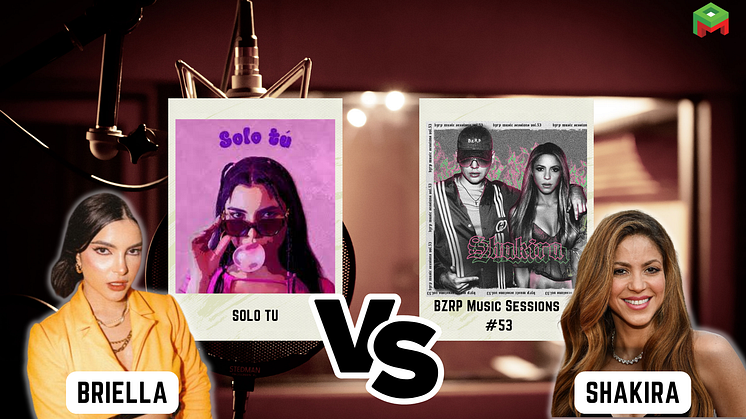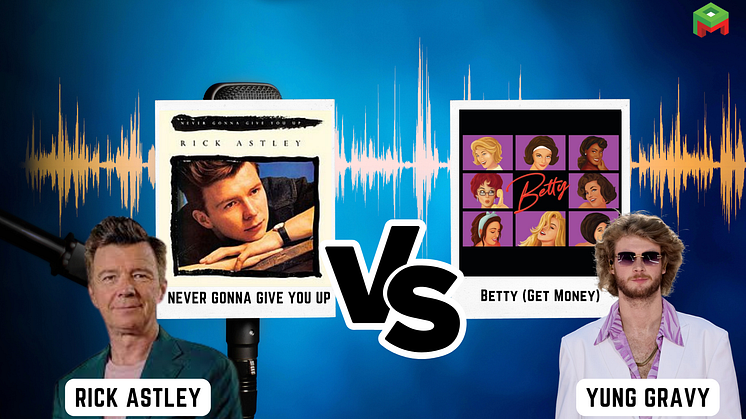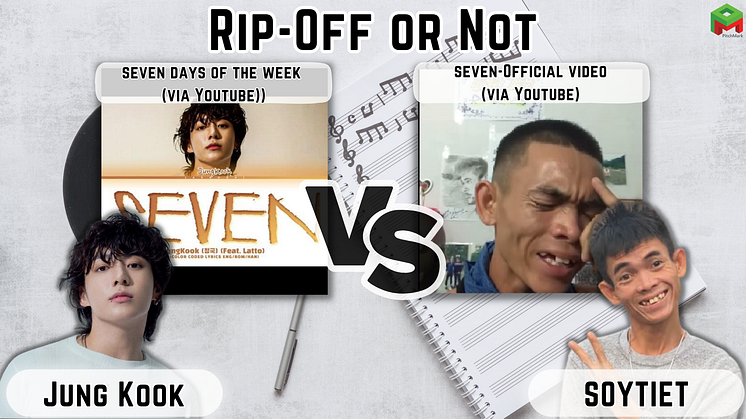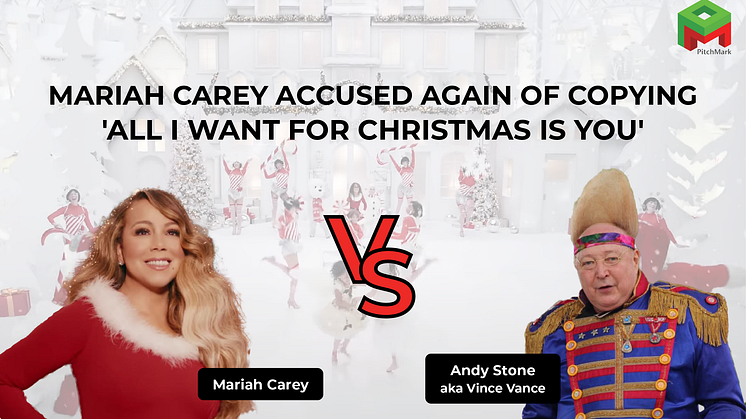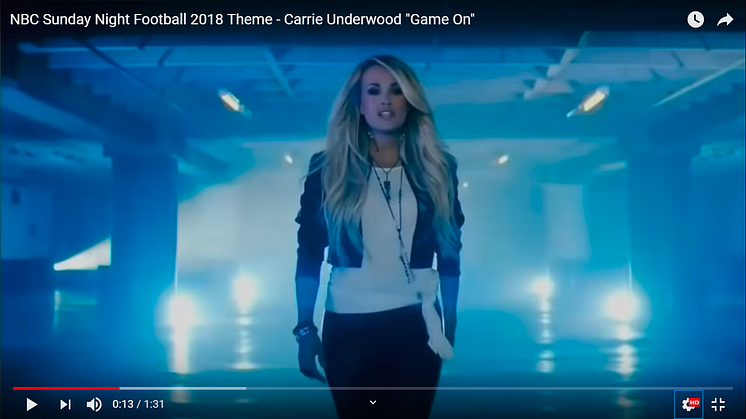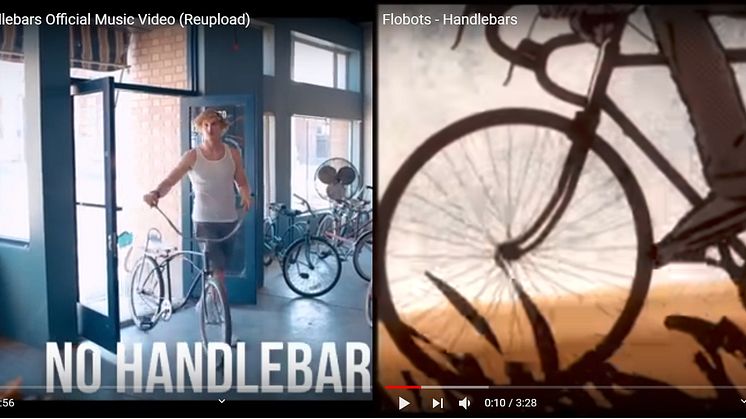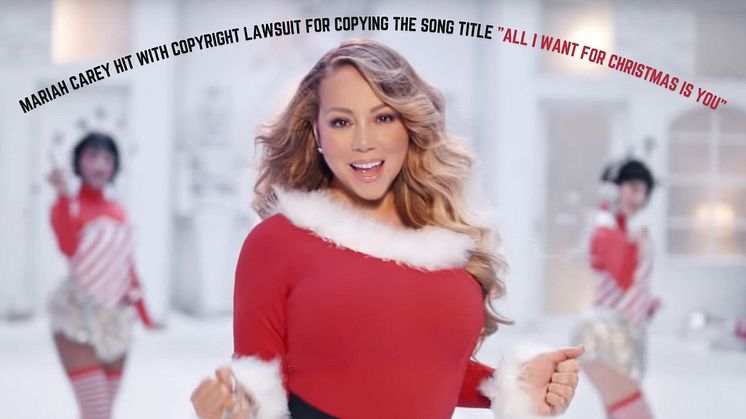
News -
Mariah Carey hit with copyright lawsuit for copying the song title "All I Want for Christmas is You"
Songwriter Andy Stone has filed a copyright infringement case against singer Mariah Carey for using the title of his song in her widely-popular classic song "All I Want for Christmas Is You" which was released in 1994.
In 1989, five years before Carey's song became a hit, Stone composed, recorded, and released a song called "All I Want for Christmas Is You" under the name Vince Vance and the Valiants.
Stone said his own song had received "extensive airplay" during the 1993 Christmas season, and also appeared on Billboard charts.
He claims that Carey, her co-writer Walter Afanasieff, and Sony Music Entertainment exploited his "popularity and unique style," and created a “derivative” version of his song without permission.
The two songs share the same title but have different lyrics and melodies.
Stone further argues that he had approached Carey and the other co-defendants in April 2021 regarding “unauthorized use of the song," but was “unable to come to an agreement” with them, and hence is demanding US$20 million in damages.
Carey and Sony Music are yet to comment on the allegations.
We asked PitchMark’s legal advisor Frank Rittman whether the songwriter has a case.
FR: This action is dead on arrival and won’t withstand a motion for dismissal. First off, song titles do not themselves qualify for copyright protection; it’s perfectly acceptable for two different songs to share the same title, and that appears to be what we have here: two completely different songs that, in my personal opinion, don’t even sound remotely like each other.
There’s nothing “substantially similar” between the two works, and that’s an unavoidable requirement for a successful infringement action.
Another problem is that the Statute of Limitations in the United States for a civil infringement action is typically three years from either the last act of infringement or from the time the infringement was discovered.
Although Mariah’s song is still commercially available (so that any alleged infringement is arguably still occurring), it was first released in 1994, so it’s unclear why they waited until now to bring the action.
PitchMark helps innovators deter idea theft, so that third-parties that they share their idea with get the idea but don’t take it. Visit PitchMark.net and register for free as a PitchMark member today.

